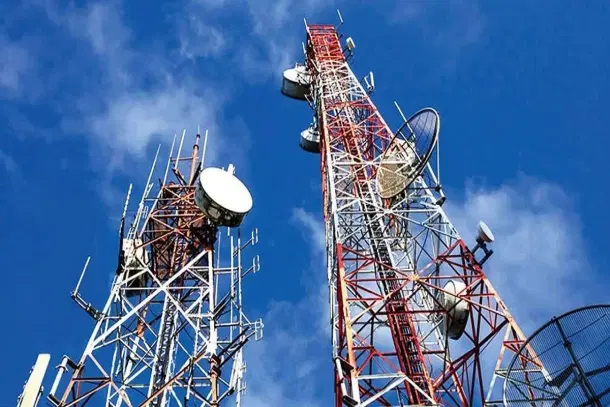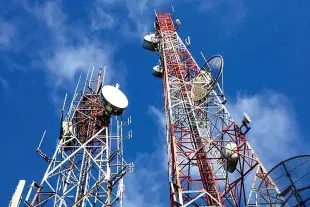Tech
India Joins Select Group of Nations With Indigenous 4G Stack, Over 97,000 Mobile Towers Commissioned
Swarajya Staff
Sep 27, 2025, 05:18 PM | Updated 05:18 PM IST
Save & read from anywhere!
Bookmark stories for easy access on any device or the Swarajya app.


Prime Minister Narendra Modi on Saturday (27 September) inaugurated Bharat Sanchar Nigam Limited’s (BSNL) fully indigenous 4G stack, a milestone that places India among a select group of nations capable of manufacturing advanced telecom infrastructure.
The launch, coinciding with BSNL’s silver jubilee, also saw the commissioning of more than 97,500 4G towers, including 92,600 sites of the state-run operator across the country, NDTV reported.
These towers have been built at a cost of around Rs 37,000 crore with 'swadeshi' (indigenous) technology.
With this achievement, India joins the ranks of Denmark, Sweden, South Korea and China in producing domestic telecom stacks.
The indigenous network is cloud-based, designed to transition smoothly to 5G, and regarded as future-ready.
The 4G stack—considered the core of mobile communication—integrates hardware and software to handle voice, data, and internet services.
For decades, India relied on foreign equipment. Now, through a collaborative effort led by the Centre for Development of Telematics (C-DOT), Tejas Networks, and Tata Consultancy Services, the country has built its own system in just 22 months.
Telecom Minister Jyotiraditya Scindia described the achievement as historic.
"The entire architecture took shape in a mere 22 months, at a cadence far swifter than comparable countries that had struggled with similar challenges for decades. India’s entry into the select club of five nations capable of producing this technology was, therefore, historic," the minister said.
Please click here to add Swarajya as your preferred and trusted news source on Google





